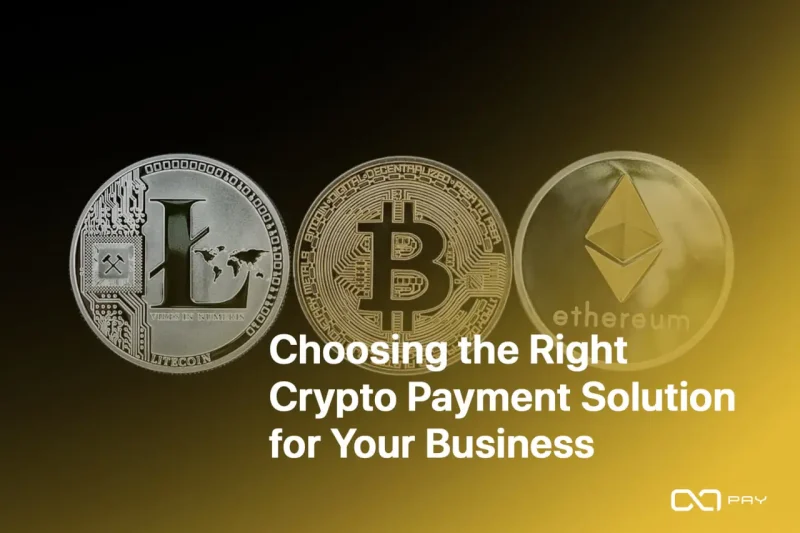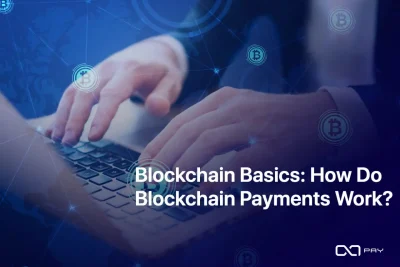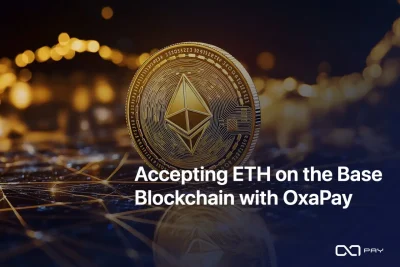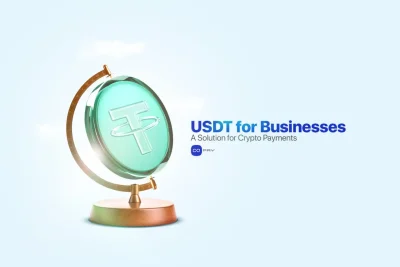Cryptocurrencies, especially Bitcoin and Litecoin, have quickly become major players in digital commerce. Each one offers unique benefits and challenges, making the choice between them crucial for businesses looking to use crypto payments. This guide compares Bitcoin and Litecoin in detail, looking at their technology, how transactions work, and their overall impact on digital payments. We also explore how using OxaPay payment gateway can make transactions more efficient and secure, giving businesses a clear way to benefit from cryptocurrency payments.
Bitcoin: The Pioneer of Cryptocurrencies
Bitcoin made its debut in 2009, launched by the enigmatic Satoshi Nakamoto. It operates on a decentralized peer-to-peer network, eliminating the need for middlemen like banks or governments.
Blockchain Technology and Mining
Bitcoin’s blockchain technology, a distributed ledger recording transactions across multiple computers, has been fundamental to its success. Miners secure the network and validate transactions by solving complex puzzles, a process known as mining, which confirms the reliability of the blockchain.
Proof-of-Work (PoW) Consensus Mechanism
Bitcoin uses the Proof-of-Work mechanism, where miners compete to solve cryptographic puzzles, the first to succeed wins the right to add a block to the blockchain. Though secure, PoW requires significant computational power, raising environmental concerns.
Limited Supply – The Halving Event
Bitcoin is limited to 21 million units, making it a deflationary asset. Every four years, the mining reward halves, reducing the supply and potentially increasing its value.
Security Features
Bitcoin is highly secure, thanks to its decentralized blockchain and cryptographic protections, which guard against tampering and fraud.
Recent Bitcoin Network Advancements:
Since its launch, Bitcoin has seen several significant upgrades to improve security, efficiency, and usability:
- Segregated Witness (SegWit) (August 2017): Increased block capacity by separating transaction signatures from transaction data, optimizing space and solving transaction malleability issues.
- Taproot Upgrade (November 2021): Enhanced privacy and lowered transaction fees through Schnorr signatures, also simplifying smart contracts.
- Lightning Network: An off-chain solution that speeds up transactions and cuts costs, addressing Bitcoin’s scalability issues.
- Replacement by Fee (RBF): Allows users to adjust transaction fees to prioritize their transaction confirmations.
- MAST (Merklized Alternative Script Trees) and Ongoing Schnorr Signatures Integration: Improve transaction flexibility, privacy, and scalability.
These updates have reinforced Bitcoin’s role as a robust player in the cryptocurrency market, adapting to user needs and expanding its functionality.
Litecoin: The Silver to Bitcoin’s Gold
Developed by Charlie Lee in 2011, Litecoin aims to be the “silver” to Bitcoin’s “gold.” While similar to Bitcoin, it has several enhancements to increase speed and scalability.
Scrypt Algorithm
Unlike Bitcoin’s SHA-256, Litecoin uses the Scrypt algorithm, which is more memory-intensive but allows quicker block generation, making mining more accessible.
Faster Block Generation
Litecoin confirms transactions every 2.5 minutes, faster than Bitcoin’s 10 minutes, enhancing its suitability for everyday transactions.
Higher Coin Supply
Litecoin will have 84 million coins, more than Bitcoin’s cap, but its quicker block generation and halving schedule mean it has a lower inflation rate.
Segregated Witness (SegWit) Integration
Litecoin adopted SegWit early on, improving transaction capacity and reducing fees by separating transaction signatures from data.
Recent Litecoin Network Advancements:
- Mimblewimble Extension Blocks (MWEB) Upgrade (May 2022): Introduced confidential transactions to enhance privacy by obscuring transaction details and participant identities.
- Lightning Network: Continuously evolving, this second-layer solution speeds up transactions and reduces costs, similar to its implementation in Bitcoin.
- Other Developments:
- Atomic Swaps: Enables direct, secure exchanges between Litecoin and other cryptocurrencies without central exchanges.
- Simple Payment Verification (SPV): Allows lightweight clients to verify transactions faster without needing the full blockchain.
Crypto Payment Systems: Using Bitcoin and Litecoin
Cryptocurrencies like Bitcoin and Litecoin enable direct peer-to-peer transactions without intermediaries. Transactions are broadcast to the network, placed in a pool, and included in the next block by miners, ensuring permanent blockchain recording. Although transactions are pseudonymous, providing some privacy, the public nature of the blockchain allows the tracing of funds. Options like Litecoin’s CoinJoin enhance anonymity further. Both cryptocurrencies are widely accepted by merchants globally, facilitating everything from local purchases to cross-border transactions without currency exchange hassles or high fees. However, their volatility can affect their reliability as a medium of exchange.
Bitcoin vs. Litecoin: A Detailed Comparison for Business Payments
When assessing cryptocurrencies for business transactions, Bitcoin and Litecoin stand out. Here’s a streamlined comparison focusing on their application in business payments and trade:
Market Capitalization and Dominance:
Bitcoin is the most recognized cryptocurrency with a high market capitalization, offering significant liquidity crucial for businesses needing regular fiat conversions. Litecoin, while also recognized, has a smaller market cap, which may result in less liquidity but offers reduced exposure to market fluctuations, potentially benefiting some businesses.
Transaction Speed and Scalability:
Fast transactions are essential for efficient business operations. Litecoin provides an advantage with a block time of about 2.5 minutes, faster than Bitcoin’s 10 minutes, ensuring quicker confirmations. Nonetheless, Bitcoin has enhanced its scalability with the Lightning Network, facilitating rapid transactions that are competitive with Litecoin, especially valuable for high-volume businesses.
Integration and Technical Support:
Bitcoin’s wider adoption provides a broader range of integration tools and platforms, simplifying its incorporation into business systems. Conversely, Litecoin’s simpler implementation demands can be ideal for smaller businesses or those with limited tech resources.
Cost of Transactions:
Fees are a critical consideration for any business. Litecoin typically incurs lower transaction fees than Bitcoin, which can lead to significant savings for businesses with frequent transactions.
Community and Development:
Both cryptocurrencies boast robust, active communities. Bitcoin’s larger community and funding often drive innovations that enhance security and functionality, ideal for businesses seeking stability. Litecoin’s community is smaller but agile, quickly adopting new technologies that might benefit businesses needing quick tech updates.
Security and Network Strength:
Security is crucial in selecting a payment platform. Bitcoin’s extensive network and high hash rate provide superior security, crucial for businesses that prioritize transaction safety. Litecoin is secure but operates on a smaller scale, which could pose a higher risk.
Energy Consumption and Environmental Impact:
Environmental impact is increasingly critical. Bitcoin consumes more energy due to its SHA-256 algorithm, whereas Litecoin’s Scrypt algorithm is less energy-intensive, aligning better with eco-conscious business practices.
Developer Innovation and Flexibility:
Litecoin frequently tests new technologies, making it suitable for businesses seeking innovative payment solutions. Bitcoin, while more conservative, offers a stable and secure platform.
Regulatory Considerations:
Both face regulatory scrutiny. Bitcoin’s higher profile may attract more attention, a vital factor for businesses in regulated environments.
The choice between the best cryptocurrencies for business payments depends on specific needs like cost sensitivity, transaction speed, and security. Litecoin may be preferable for its speed and lower costs, while Bitcoin provides unmatched security and liquidity, fitting larger businesses or those needing a reliable payment infrastructure.
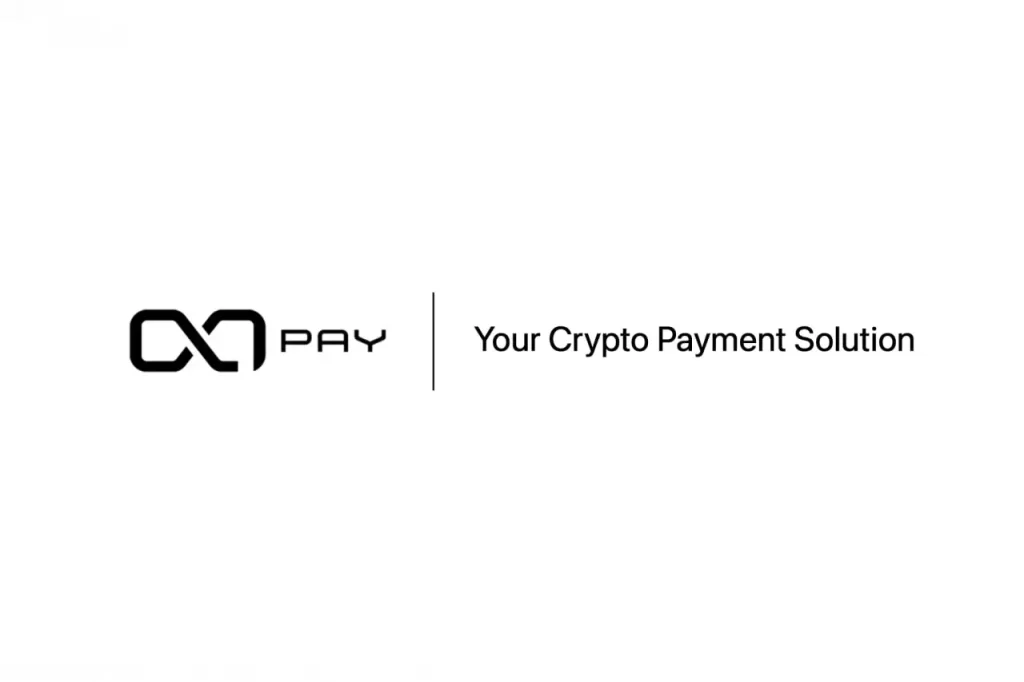
Integrating Bitcoin and Litecoin Payments with OxaPay: A Strategic Business Solution
As businesses increasingly look to adopt cryptocurrency payment solutions, OxaPay emerges as a compelling choice for integrating Bitcoin and Litecoin into their payment systems. OxaPay offers a seamless, user-friendly platform that caters specifically to the needs of businesses aiming to leverage the benefits of cryptocurrency payments while managing potential risks like price volatility.
Easy and Integrated Integration
OxaPay offers a straightforward integration process for businesses to quickly start accepting Bitcoin and Litecoin payments. This hassle-free setup enhances payment options without needing extensive technical knowledge.
Low Fees and Efficient Transaction Handling
With OxaPay, businesses enjoy lower transaction fees than traditional gateways, paired with efficient processing, making it a cost-effective choice for all sizes.
Diverse Services to Enhance Business Operations
OxaPay provides various services to improve business operations, including customizable invoices, white label solutions, and static address functionality. These features offer flexibility and control over payment handling.
Instant Conversion to USDT for Managing Volatility
To manage cryptocurrency volatility, OxaPay allows instant conversion of Bitcoin and Litecoin to USDT (Tether), helping businesses maintain stable payments values.
No KYC/KYB Required for Easier Adoption
OxaPay simplifies the adoption process by not requiring extensive KYC (Know Your Customer) or KYB (Know Your Business) verifications, enhancing privacy and ease of use.
Robust Support Services
OxaPay’s dedicated customer support ensures businesses can receive quick assistance, promoting smooth operations.
OxaPay enables businesses to confidently accept Bitcoin, offering enhanced security and faster transactions. It also allows them to accept Litecoin, which helps reduce costs. OxaPay aids businesses in understanding the complexities of digital payments, making it an excellent tool for those looking to expand into cryptocurrency transactions.
Conclusion
Bitcoin and Litecoin have pioneered the cryptocurrency world, each offering unique advantages for business payments. While Bitcoin provides stability and recognition, Litecoin excels in faster transactions and lower fees. Integrating payment gateway OxaPay allows businesses to seamlessly adopt these cryptocurrencies, benefiting from cost-efficiency, flexibility, and enhanced security in their digital payment systems.
